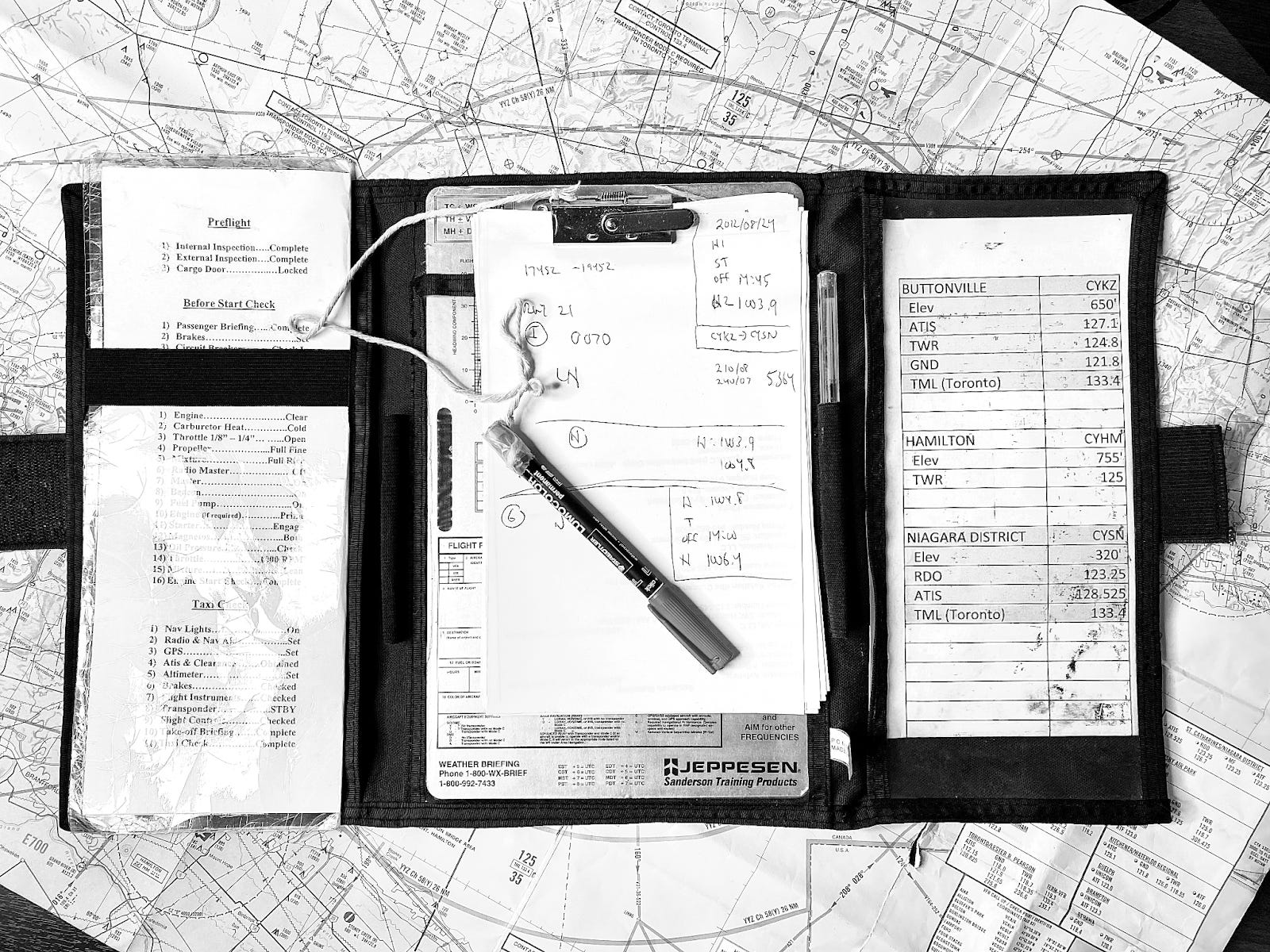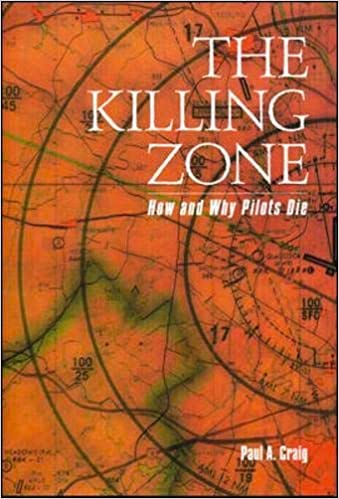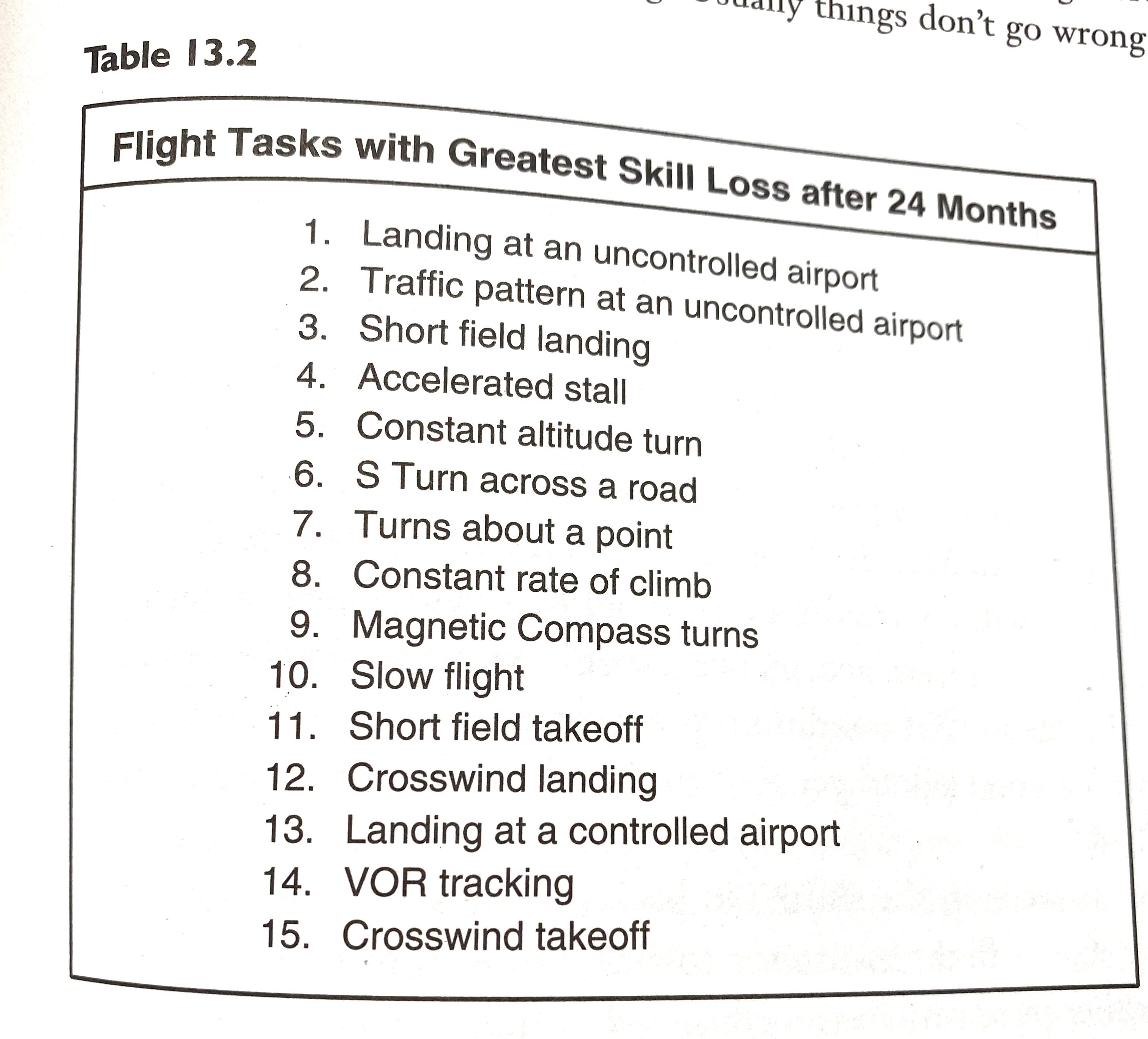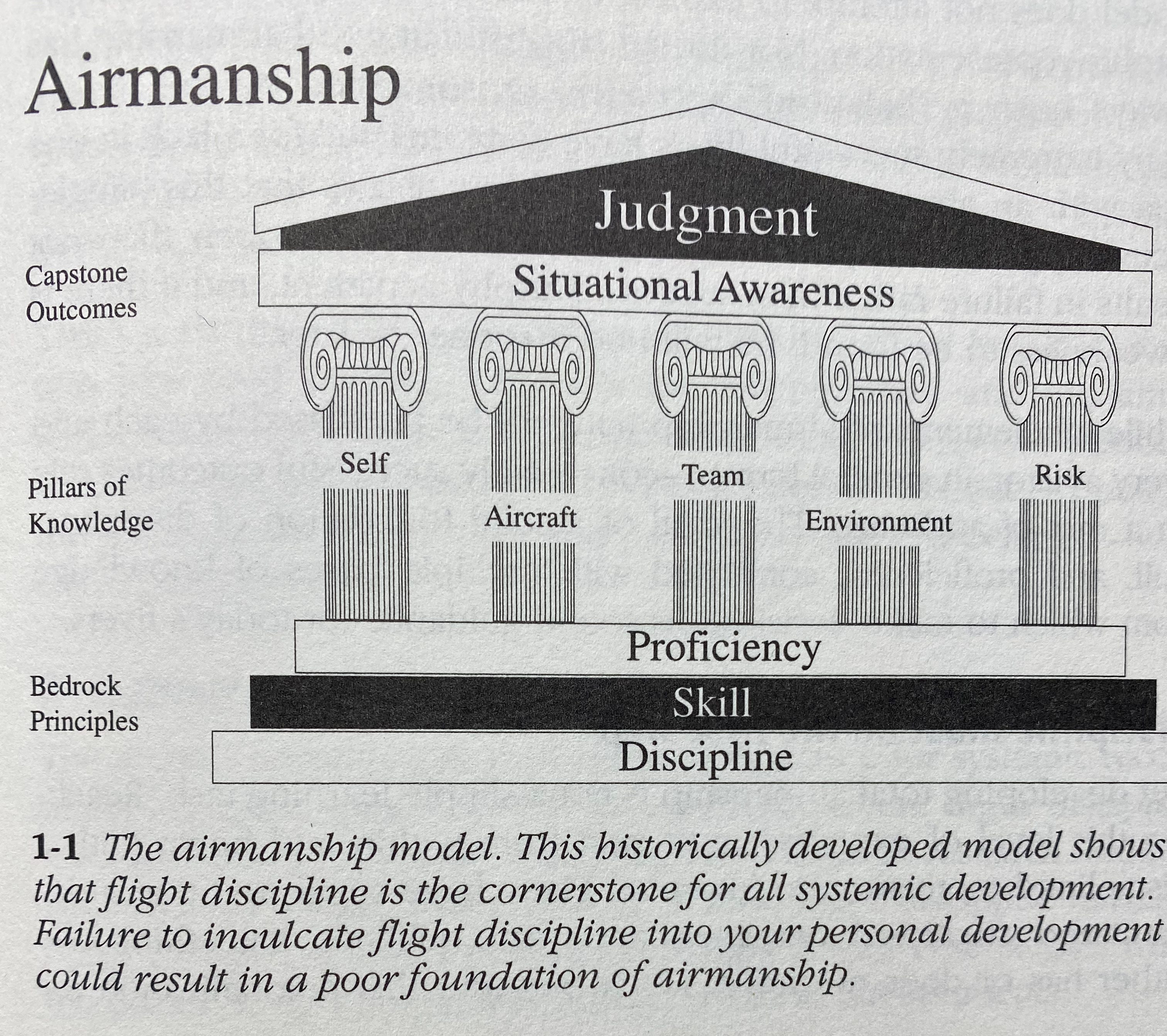I was reorganizing my office the other day and found my old kneeboard, back when I was a pilot. It’s basically a clipboard you use to write down important stuff like what runway to land on. Here’s a picture:

It looks old school compared to touchscreen GPS systems. But then again the plane I was flying, a Piper Cherokee 235, was built in 1966. It had an egg timer that told you when to switch fuel tanks. I had a wonderful French Canadian instructor who would yell out “The Toasts Are Ready!” every time it would ring.
Subscribe for free to receive weekly posts about pitching, a copy of my ebook Pitching a Leap of Faith, and invites to my Pitch Masterclass.
I had a chuckle when I saw that pen taped to a piece of old string. That’s what I called my “Pen Management System.”
You see, I needed something to write down frequencies, altitudes and things ATC said that I really did not want to forget. But what if I dropped my pen? I might go rummaging for it and crash the plane.
I remember Googling “pen management for pilots” because I was sure more experienced pilots had thought about this problem (they hadn’t). I guess I was looking for reassurance that my little hack wasn’t a really bad idea for some unknown reason.
I think entrepreneurs are searching for the same reassurance. Am I doing the right thing? Is there a better way? That’s why they seek out advice. It got me thinking:
Why don’t we think of running a business more like flying a plane?
We love to use words like passion, vision and courage to describe the ideal entrepreneur. With flying, not so much. It’s more about discipline and repetition. There are lots of little sayings in aviation, like “How do you make a million dollars in aviation? Start with two million.”
But one that stuck with me is this: “There are no bold pilots, only old pilots.”
Aviators figured out long ago that being boring improves outcomes for pilots.
I know flying and founding aren’t the same things. A founder’s goal is not just a safe arrival, although that is nice. But I think looking at how pilots train and learn might help us get a better perspective on how to help entrepreneurs improve.
Enter the Killing Zone

This book is not a murder mystery. It’s a book about the causes of fatal accidents among low-time pilots. Written in 2001, author Paul A. Craig studies the ‘zone’, i.e. pilots with under 300 hours. I had 270.
Here’s a quote from the book:
Unfortunately, it is possible to predict with reasonable accuracy how many general aviation pilots will have a fatal accident this year and it is also possible to predict what they will be doing when the accident happens. So if we know in advance what will happen, can we get to these pilots in time? Can we train-out the next accident?
It amazes me that this book exists. Someone took the time to analyze what’s dangerous for new pilots backed by meticulous research and tons of data. I know it made me a better pilot.
Could this work as a study of startup failure rates? We usually talk about characteristics that make a good entrepreneur but why isn’t there more focus on “training-out” mistakes?
Looking at different chapter headings in the Killing Zone I can see parallels with situations that happen in startups:
- Fuel exhaustion = running out of cash
- Pilot Health = founder health
- Continued flight into adverse conditions = bad business execution
There’s even a study of what skills erode time, which I could see applying to entrepreneurs, especially repeat founders:

It wouldn’t be easy to do this with founders. Data is hard to come by and flying is regulated whereas entrepreneurship is (mostly) not.
But on the other hand so much of what passes as entrepreneurship advice sounds like “Top 10 ways to become a unicorn”. You wouldn’t (or shouldn’t) learn to fly an airplane by reading “Top 10 ways to fly a plane.” That’s because we look at the skill of piloting in a fundamentally different way.
Should we?
Flight Discipline
There’s a 1998 book called Flight Discipline by Tony Kern that asks the question “What is flight discipline?” It then breaks it down into all the components that can be improved.
This is not just a book about what happens in the cockpit. There are entire chapters about the regulatory environment, organizational culture and the role of mentors.
The chapter on pilot mindsets is eye-opening and could easily apply to studying entrepreneurs (comments are my own):
- Antiauthority (almost always)
- Machismo (sometimes)
- Invulnerability (often)
- Impulsiveness (frequent)
- Resignation (unfortunately common)
- Complacency (it happens)
- Excessive deference (more common than you think)
Ignoring the gendered language (which has since been updated), there is a reassuringly rigorous framework about what being a good pilot means and what’s important to that goal:

I think this is a solid framework for talking about the entrepreneur as a human being practicing a fundamentally difficult task: running a business.
- Proficiency, skill and discipline are seen as bedrock principles in piloting. Those apply to entrepreneurs as well.
- The pillars, the most important parts, are about building up knowledge and learning over a lifetime of being a pilot. It’s only recently we’ve begun to consider the mental and physical health of entrepreneurs. Pilots have been doing this for years.
- Everything supports the ultimate goal of better situational awareness and better judgement. Notice that the system doesn’t eliminate creativity or judgment. It supports it.
I’ve never seen running a company described this way but I can see a lot of advantages of doing so. We should think of entrepreneurship as a skill that can be trained and improved so as much learning as possible happens before getting in the cockpit.
Embrace change. Pilots do.
Entrepreneurs are taught to “embrace change” as if it’s mostly about a mindset, lots of coffee, and being ok with chaos. But flying is all about dealing with change. And pilots (and passengers) are definitely not cool with chaos.
Maybe it’s time for a change of perspective, including from people giving advice to entrepreneurs.
There isn’t a license required to start a company, and there shouldn’t be. But being a founder should be seen as a license to learn and we should focus more on supporting that learning. That’s why books like Flight Discipline and The Killing Zone were written. They’re part of a system that’s figured out how to achieve safer landings, not just once, but over a lifetime.
I'm sure we can learn from an industry with a failure rate that’s 488,400 better than startups1.


